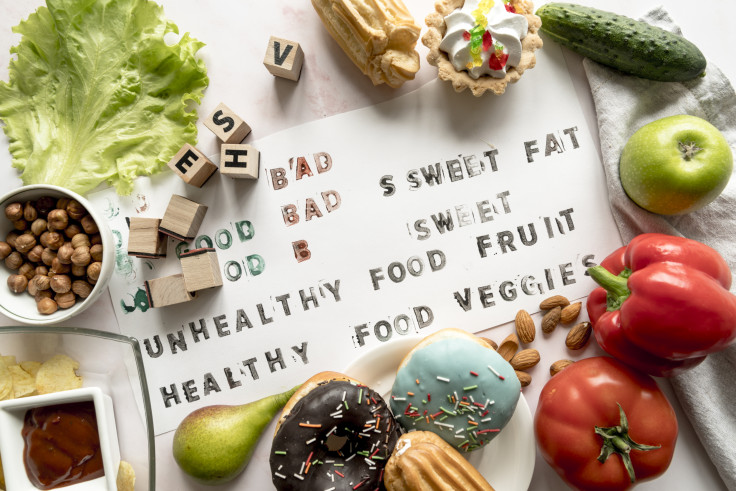
Eating healthy and maintaining a balanced lifestyle is essential for overall well-being. But, in our pursuit of wellness, do we inadvertently fall into the trap of diet culture?
Diet culture represents a collection of beliefs regarding food, body image, and exercise that glorifies thinness and links weight loss to overall health. These prevalent beliefs often compel individuals to chase after fad diets, leading them to categorize foods as either "good" or "bad."
"The health consequences of diet culture can be far-reaching, including increased risk of disordered eating patterns, negative body image, psychological distress, and even physical health issues like weight cycling and metabolic disturbances," according to Libby Supan, a certified intuitive eating coach and licensed marriage and family therapist from Long Beach, California.
The impact extends beyond just physical health, affecting mental well-being as well. "Diet culture often promotes unrealistic body ideals and encourages restrictive eating habits, which can trigger feelings of guilt, shame, and inadequacy. This environment can foster an unhealthy relationship with food and one's body, ultimately increasing the risk of developing eating disorders," Supan told Medical Daily.
To challenge diet culture's harmful narratives and prioritize self-care and body acceptance, Supan suggests building a healthier relationship with food by adopting principles like intuitive eating, which focuses on listening to your body's cues, ditching diet mentality, and honoring your body's needs without judgment.
Intuitive eating is an alternative to dietary restriction, which involves a weight-inclusive approach that promotes eating based on internal cues, satisfaction, and the health of the mind and body. Intuitive eaters will not be preoccupied with food and dieting and routinely respect their internal hunger and satiety cues.
"It's about embracing all foods without labeling them as 'good' or 'bad' and prioritizing self-care and compassion in your eating habits," Supan said.
"Intuitive eating is an approach to food and eating that emphasizes listening to your body's natural hunger and fullness cues, rather than following strict diet rules or external guidelines. It involves honoring your hunger, respecting your fullness, and making food choices that satisfy both your physical and emotional needs. Intuitive eating promotes a healthy relationship with food, body acceptance, and overall well-being," Supan explained.
For individuals affected by the diet culture, working with a therapist or coach who specializes in intuitive eating can also be beneficial, she said.







